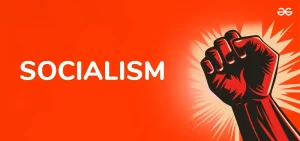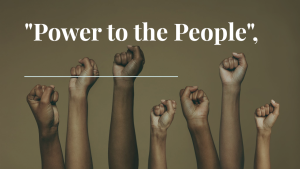Studies to become a professional coach
Studies to become a professional coach
Is there a training to be a coach that is recognized by the State, a title to become a certified coach to pass examinations and become an official? Absolutely.

To date, there is no legislative device that regulates the exercise of the profession of coach, so anyone of working age can affirm that they have the skills to do personal coaching.
You simply have to register with the Treasury and Social Security, create your business and that’s it. But, in reality, the thing is a little more complex.
Although the most widespread way to practice this profession is by being self-employed (there are few coaches employed by a coaching company), it is usually necessary to have a professional certificate to be legitimate in the ” coaching market”.
Despite the potential growth prospects of this business, you have to attract the public, seduce potential customers and turn them into real customers.
For most coaches, having specific training, for example, training to be a business coach, is a way to have comparative advantages to stand out from the competition. It is essential to know the professional environment in which the coaching sessions are given and that is why it is important to train in coaching.
There are many coaching courses on the market. The ICF (International Coach Federation) recommends that Accredited Training Programs (ACTP) or Approved (ACSTH and CCE) be carried out by ICF before starting professional practice. Here are some of them:
- European School of Coaching: Certification Program in Executive Coaching
- Cegos Executive Coaching School: Professional Coach Training Program
- Innov-arte Coaching & PNL: International Professional Coaching Expert Certification
- CORAOPS Executive Coaching Institute: Superior Course in Professional Executive Coaching
- European Institute of Coaching: International Coaching Expert Certification – Platinum Level
- Hune Institute: Professional Coaching Course
- OlaCoach International Institute: Integral Leadership and Coaching
- Isora Solutions: Master Certified Professional & Corporate Coach
In addition, to establish a solid relationship of trust, the coach must know the professional practices of the environment in question, compile a code of ethics and also acquire specific skills such as:
- Be nice,
- Actively listen to the customer,
- Know how to question the client,
- Never judge the customer,
- Highlight the potential of the client,
- Have a good knowledge of yourself,
- Understand the corporate culture and the market (market structure, professional environment).
The endless list of behavioral skills and attitudes to be a good coach could be endless. Studies to become a professional coach




